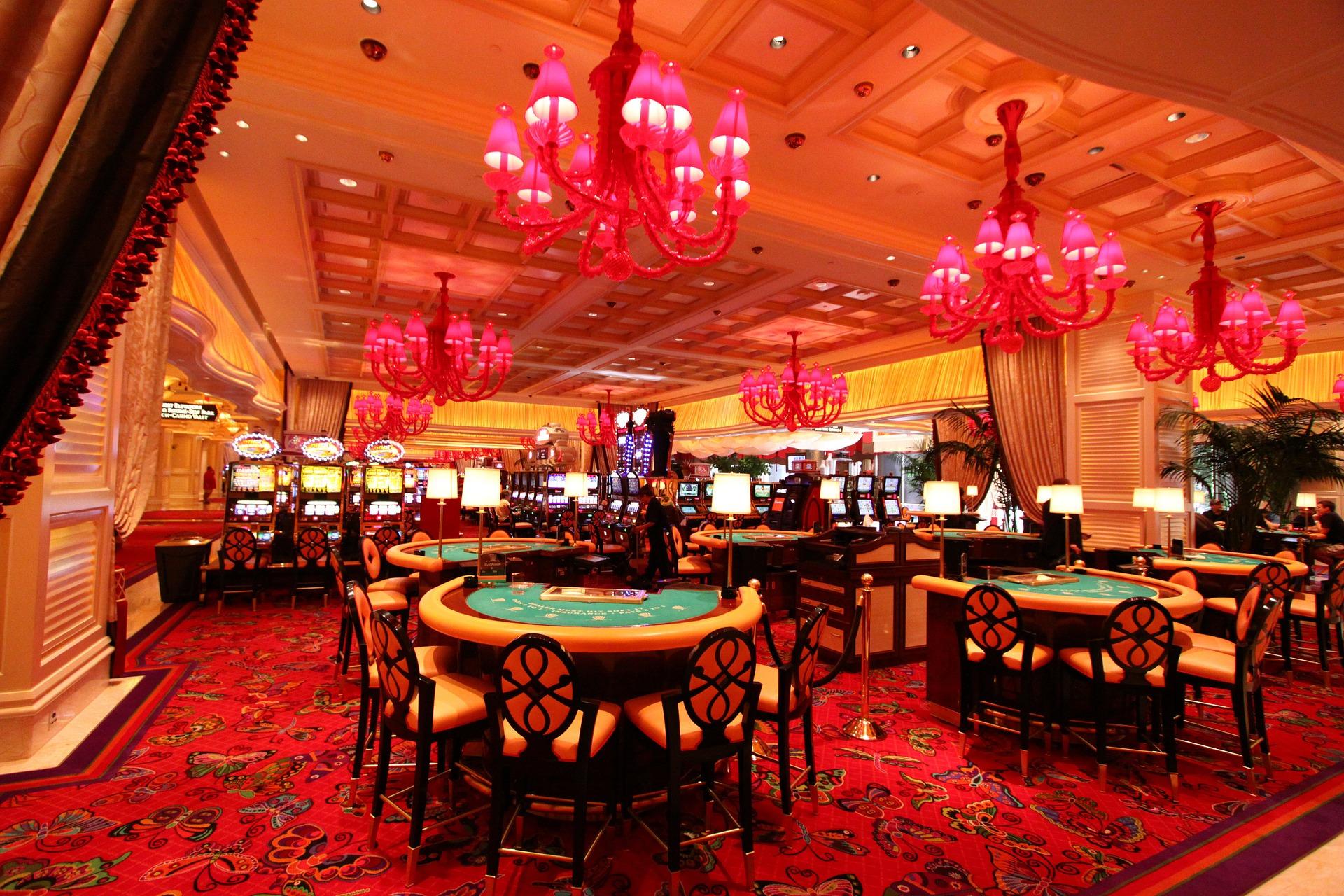Casino entertainment have long been a staple in human culture, providing not just entertainment but a intriguing reflection of our hopes, dreams, and concerns. From the spinning reels of a slot machine to the skill-based strategies of poker, these games embody a range of human sentiments and experiences. At their core, casino games are more than a chance to earn cash; they are a microcosm of life itself, where danger and gain intertwine and luck can change in an eye blink.
As players convene around tables or sit in front of vibrantly illuminated machines, they participate in a ceremony that transcends mere betting. These games mirror our innate desires for social interaction, excitement, and the search for fortune. They also disclose deeper truths about human nature, such as our relationship with chance and the thrill of uncertainty. In exploring casino games, we reveal not only the nuances of play but also the intricate pattern of the human journey, showcasing our interconnected narratives of aspiration and reality.
The Mind Behind Gambling
Gambling is intrinsically connected in the psyche of individuals, tapping into various feelings and wants. The excitement of risk-taking is a core aspect that draws players in, whether the thrill of spinning a roulette or the excitement of drawing a winning card in poker. This rush of adrenaline is often compared to other forms of excitement, as the uncertainty of outcomes elicits a unique psychological response. Players often find themselves entranced by the chance of striking it rich, leading to an irresistible draw toward gambling games.
Another, an essential component of the psychology behind gambling is the concept of hope and ambition. Players often indulge in fantasies of financial freedom and the opulent lifestyle that can accompany winning. This optimism fuels their continued participation in gambling, as it provides a sense of purpose and the belief that a transformative win could be just one wager away. The narrative of beating the odds and finding success resonates with many, reinforcing their dedication to play and engage with these games.
Finally, social dynamics play a crucial role in gambling psychology. Gambling venues are designed to foster social interaction, where gamblers gather to share the journey of wins and losses. This communal aspect not only enhances enjoyment but also affects behavior, as individuals often imitate the actions of others around them. The social validation found in mutual thrill can enhance the emotional experience, making casino games a mirror of not just personal desires but also collective engagement within the gambling community.
### Risk and Reward: A Double-Edged Sword
Casino games embody the fragile balance between danger and gain that resonates profoundly with human psychology. The thrill of placing a wager is often accompanied by a jolt of energy, as gamblers are confronted with the chance of a huge payout, yet conscious of the possibility to lose. This bipartisan experience reflects a core aspect of life: the decisions we face often come with intrinsic risks, and the quest for benefit can drive us to make risky moves we might not otherwise consider. In this way, casino games reflect real-world decisions, enticing gamblers to gamble not just their capital, but also their dreams.
The allure of big prizes and winnings fuels a wave of hope, motivating gamblers to envision a brighter future that could emerge from a lucky spin of the roulette or dealing of a hand. This positive outlook can compel individuals to engage in riskier behaviors, urging them to extend their limits in search of economic benefit. However, just as in life, the results of these risks can lead to both victory and despair. The stories of both jackpot winners and those who have lost everything at the casino demonstrate the random nature of chance and its consequential impact on our lives.
Ultimately, the interaction of engaging with gambling activities serves as a potent reminder of the nature of humanity. Every session played is filled with the tension of risk, as players weigh the rewards against the risks. This interaction not only highlights the excitement that comes with betting but also reveals the vulnerabilities that come with the urge for more. As we navigate the complexities of decision-making and results in both the gambling world and in life, we find that the quest for gain shapes our character and lives in profound ways.
Culture and Isolation in Casino Environment
Casino culture is a special blend of communal interaction and personal pursuit, reflecting the dualities of individual experience. Players often come together around games, experiencing in the excitement of the action, celebrating wins, and commiserating over losses. This communal aspect is essential, as it creates a sense of community and camaraderie among diverse groups of people. rajacabe88 Regular visitors to casinos may form friendships and establish routines, turning the gambling venue into a alternative home where they feel connected to a greater community of players.
However, the appeal of casino games can also lead to isolation. As individuals become engrossed in the excitement of playing, they may withdraw from personal connections or neglect to engage with the environment outside the casino. For some, the search of a jackpot can distract from genuine connections, leading to isolation. The situation of being among people yet experiencing solitary is not rare, as the focus shifts from shared enjoyment to the private stakes of each player’s path.
This interplay of community and isolation creates a rich mosaic that defines casino culture. It highlights the complexity of human interactions, where joy and despair exist together. Casinos serve as both a sanctuary for social engagement and a stage for individual struggles, demonstrating how intimately entwined our desire for connection and the individual quest for fortune can be. In navigating this landscape, players confront their own narratives—seeking both the rush of the wager and the fellowship of fellow players, eventually reflecting the broader spectrum of human experience.
